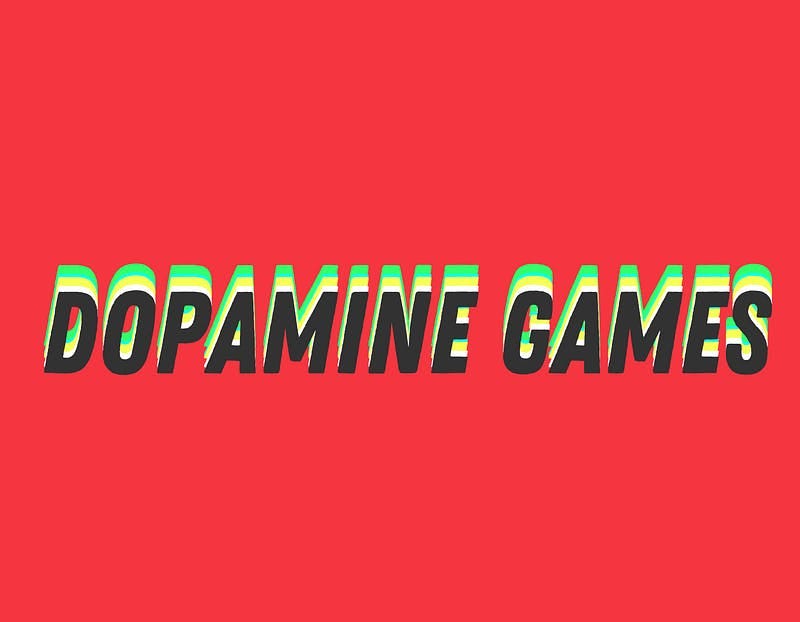Dopamine Games

Editor's letter: The Inescapability of Dopamine Games
As a child, I fell into a bad habit. Or rather, a series of them.
I washed my hands, then washed them again. I turned on the lights, then off, then on. I walked into a room, backed out of it, walked in again. Sometimes, I would find myself stuck in one of these loops for hours at a time. I would stand …
